
Generative AI Trends for 2024
Over the course of 2023, the rapid growth and utilization of generative AI has emerged as a transformative force across various industries. As businesses continue to explore innovative ways to streamline processes and enhance productivity, generative AI has paved the way for unprecedented advancements. This cutting-edge technology has proven instrumental in a multitude of applications, such as content creation, product innovation, and personalized customer experiences. By harnessing the power of generative AI, businesses have been able to generate highly realistic and complex outputs autonomously, thereby saving valuable time and resources. This year witnessed a remarkable surge in the adoption of generative AI, as companies realized its potential to push the boundaries of human creativity and efficiency. As we move forward, the ever-evolving landscape of generative AI is poised to shape the future of business, revolutionizing industries across the globe.
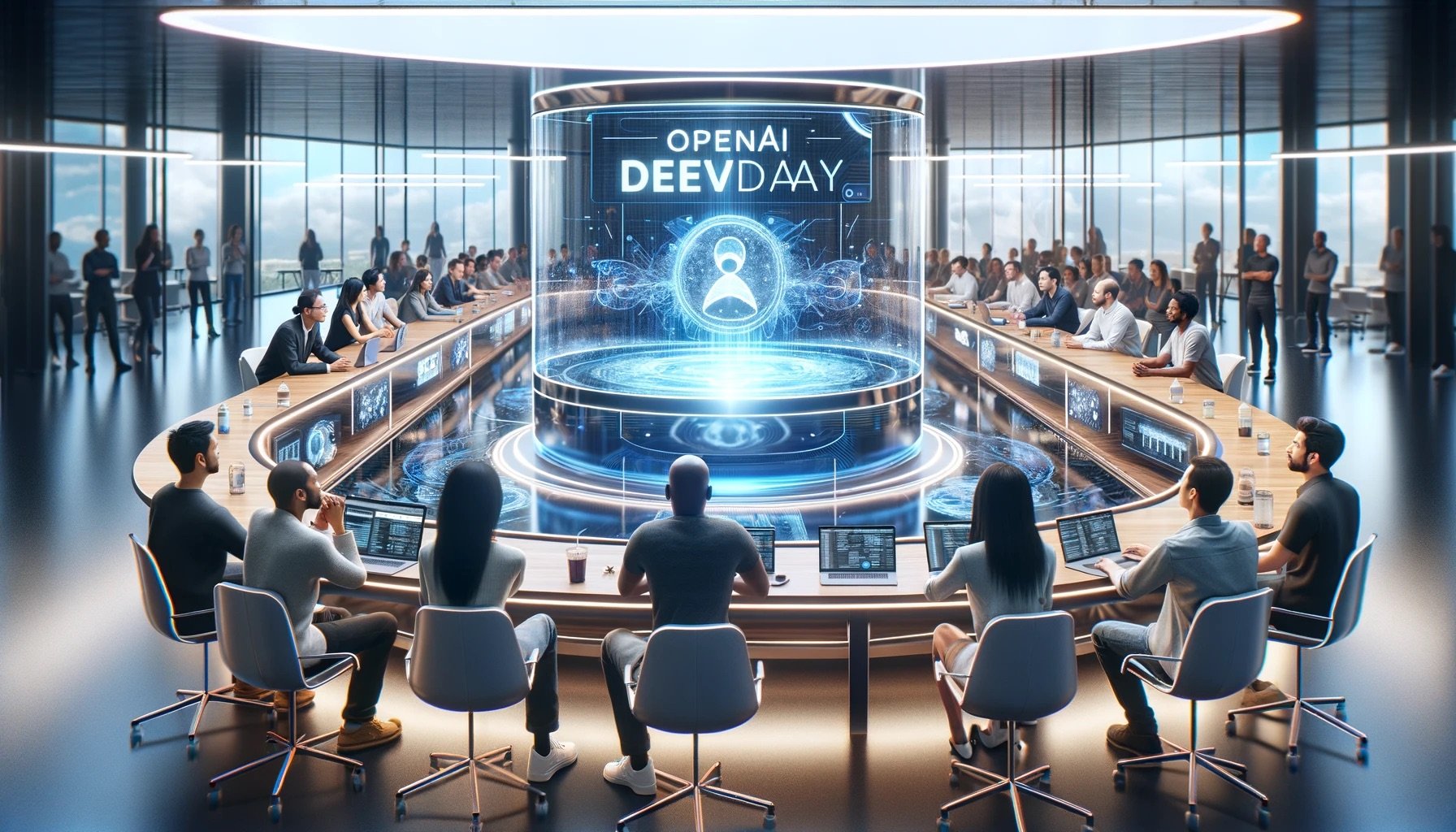
OpenAI Holds 1st DevDay
OpenAI held its highly anticipated DevDay event today, Nov 6th, showcasing an array of new capabilities, upgrades, and pricing changes for its developer platform. With a strong emphasis on power, accessibility, and customization, OpenAI aimed to empower developers to build the next generation of AI applications.

Disambiguation Podcast - Automation and AI for Data Management - Transcript
When it comes to AI it starts with the data. On this week's episode of Disambiguation we take a look at automation and AI for data management with Gaurav Pathak, Vice President of Product Management for AI Initiatives and Metadata at Informatica. Our discussion includes Informatica's offerings Claire and ClaireGPT, the role of automation and AI in democratizing data for end users, and virtual data assistants for data teams and business users.
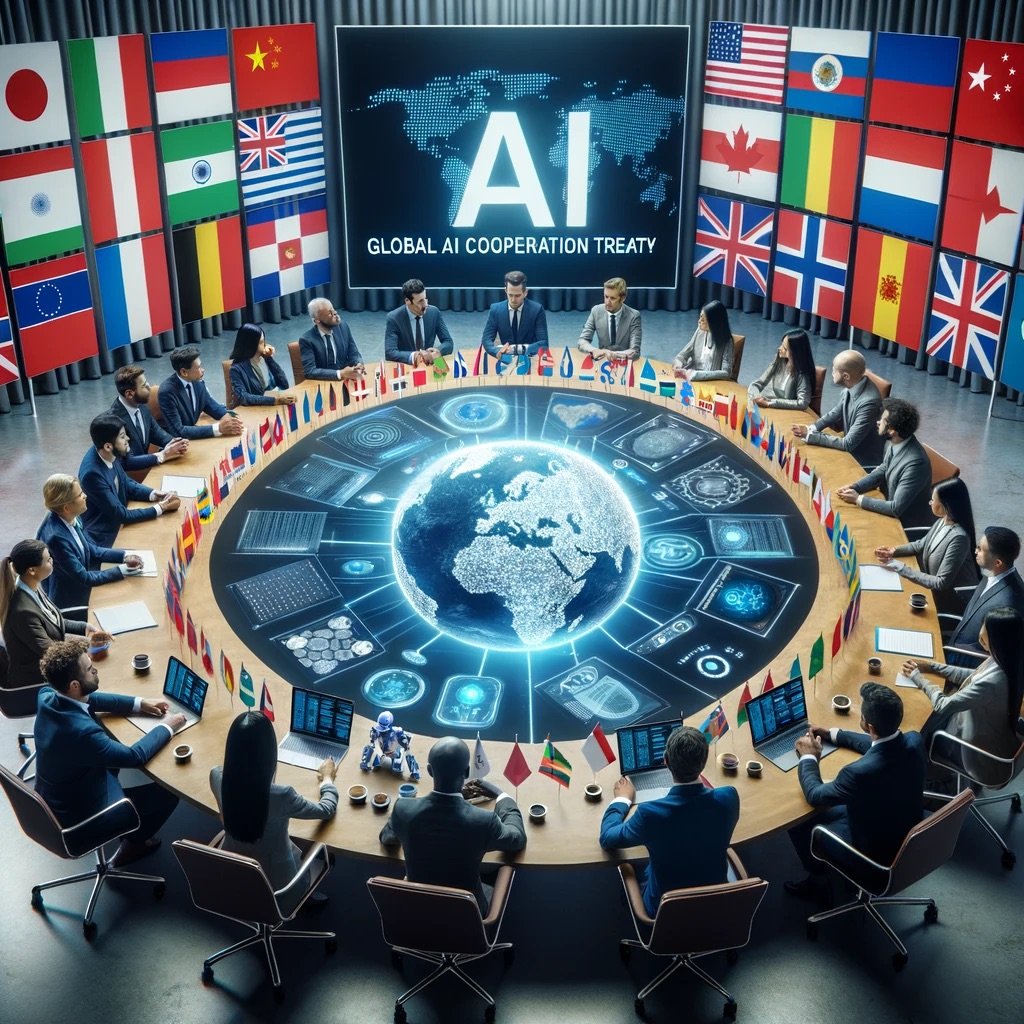
The Bletchley Declaration: Ensuring Safe and Responsible AI Development
This week has turned into AI regulation week with the US announcing the "Safe, Secure, and Trustworthy Artificial Intelligence" executive order and now, from the AI Safety Summit, an International declaration on AI safety. While the global leaders at the summit acknowledged the transformative positive potential of AI, they also recognize the need to ensure its safe and responsible development. The Bletchley Declaration is a significant outcome of the AI Safety Summit held at Bletchley Park, where leaders from 29 countries and the European Union gathered to discuss the risks associated with AI and formulate strategies for its management. This declaration emphasizes the importance of prioritizing safety, fostering international cooperation, and developing risk-based policies tailored to each country's unique circumstances.
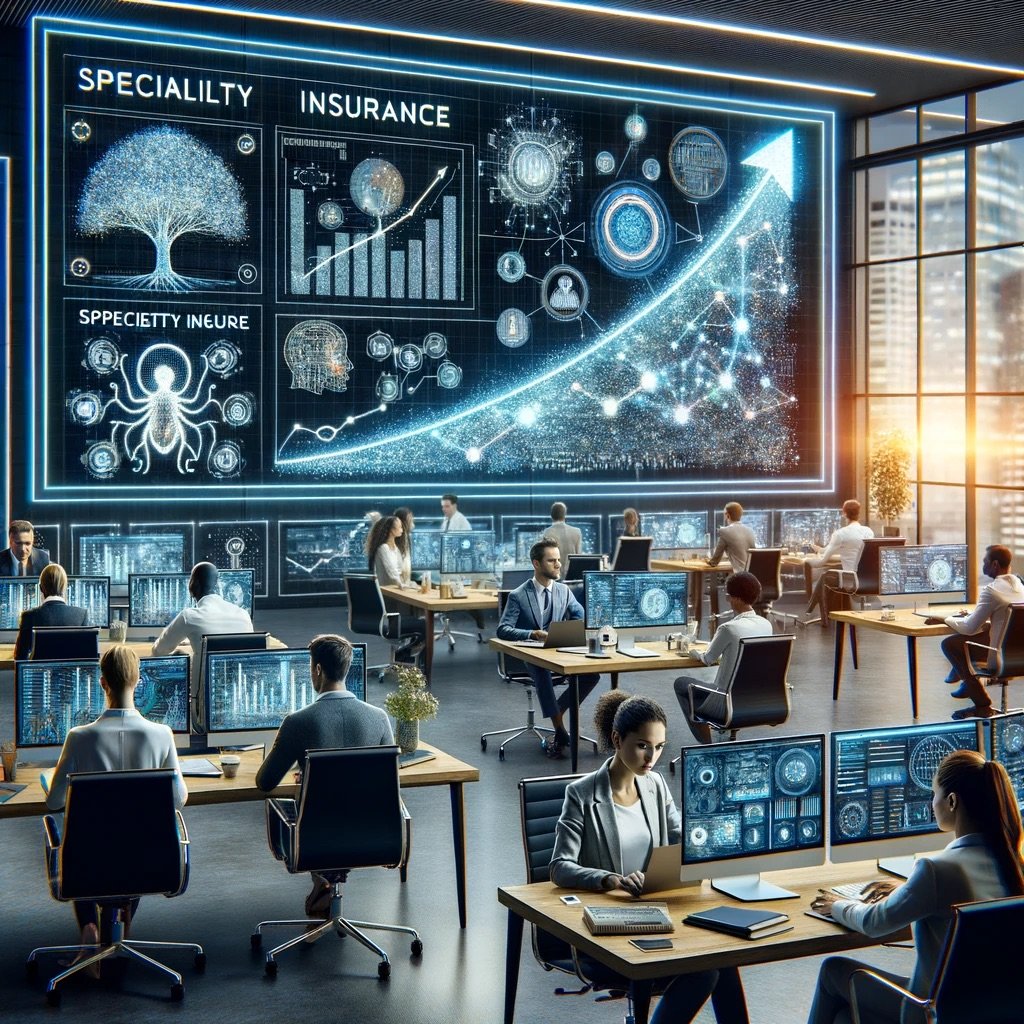
Insurance for Business Use of Artificial Intelligence
Business Liability Insurance for Artificial Intelligence (AI) is a relatively new insurance offering that aims to provide coverage to businesses employing AI technologies. This insurance can cover a myriad of potential losses including data breaches, errors or omissions in AI systems, and legal liability claims related to AI use. The intricacies of liability can vary depending on how a company utilizes AI in its products or services, making liability sometimes challenging to pinpoint.
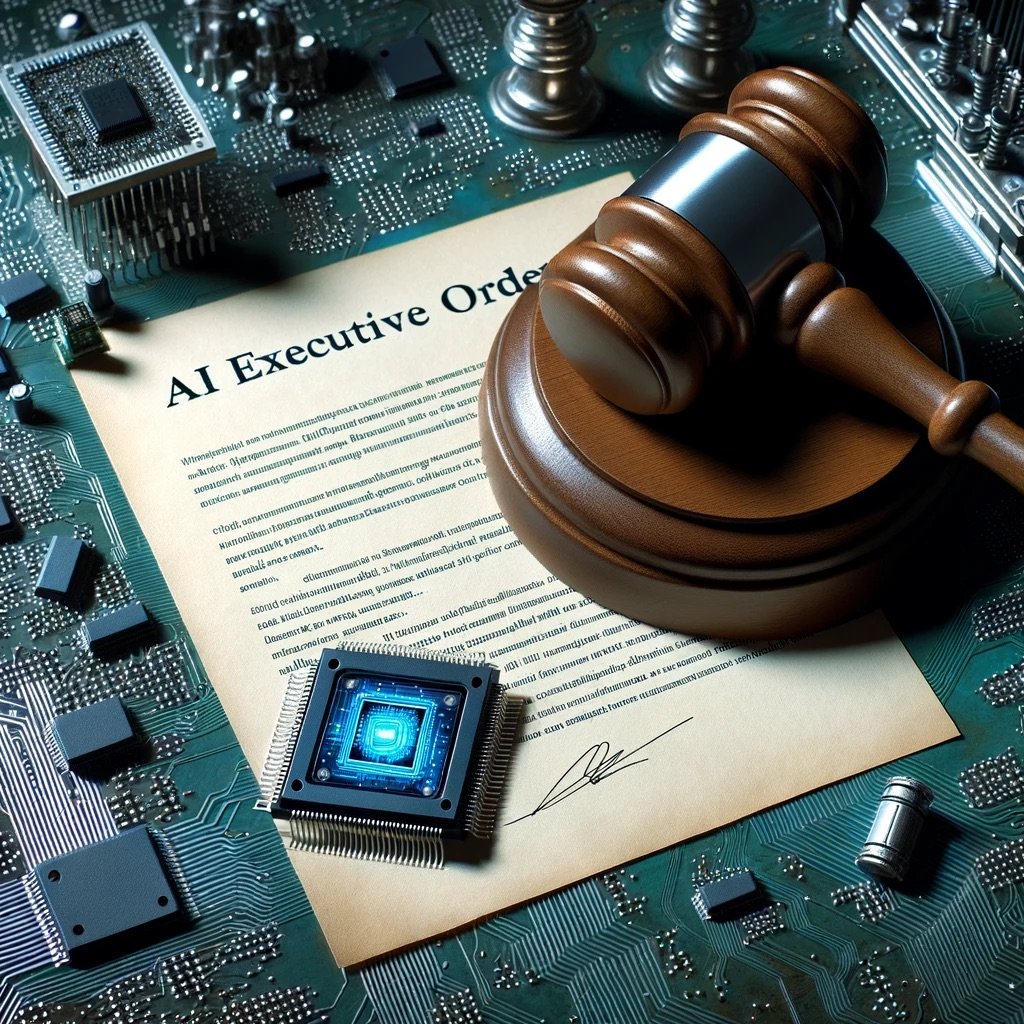
The New Era of AI Regulation: Understanding the Biden Administration's Executive Order
Artificial Intelligence (AI) has rapidly become a transformative force in our society, revolutionizing industries and impacting our daily lives. Recognizing both the potential and risks associated with AI, the Biden administration has taken a step forward by issuing an AI Executive Order. This executive order marks a milestone in AI regulation, aiming to ensure that America helps lead the way in harnessing the promise of AI while addressing its potential risks.

Disambiguation Podcast AI Governance, Compliance and Regulation - Transcript
In this week's Disambiguation Podcast we discuss AI governance, compliance and regulation with Jacob Beswick, Director of AI Governance Solutions at Dataiku. Compliance and governance is a critical topic for any company using or planning to use generative AI solutions, and is particularly important for businesses in highly regulated industries. In addition regulatory bodies around the world are taking a look at potential regulations related to generative AI use in business so getting ahead of these with intentionality in building compliance strategies is prudent for business leaders.

Regulating Artificial Intelligence in the United States, the European Union and the United Kingdom
Artificial intelligence (AI) has become a transformative force in various industries, offering tremendous potential for innovation and growth. However, the rapid advancement of AI also raises concerns about its ethical implications and potential risks. To address these concerns, regulatory initiatives have been introduced in the United States (US), European Union (EU), and United Kingdom (UK) to govern the development and use of AI technologies. Let’s take a look at the regulatory landscape surrounding AI in these regions, highlighting key initiatives and their impact on the industry.
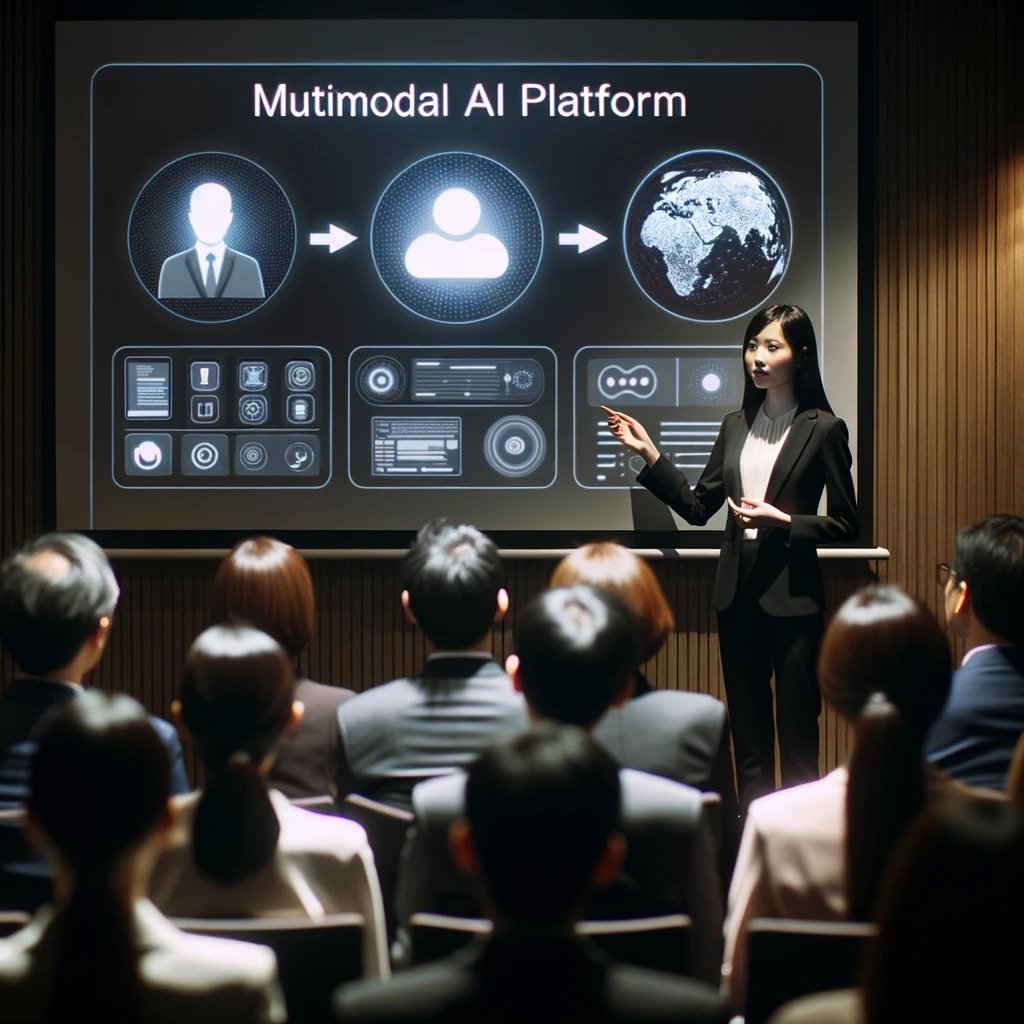
Multimodal Artificial Intelligence
Multimodal AI is a type of artificial intelligence that can process, understand, and/or generate outputs for more than one type of data. Modality refers to the way in which something exists, is experienced, or is expressed. In the context of machine learning and artificial intelligence, modality specifically refers to a data type. In use, it combines various forms of AI such as Natural Language Processing (NLP), Machine Learning (ML), and Computer Vision. Its ability to process and interpret multiple types of data simultaneously allows it to provide a more comprehensive understanding of a situation or context.

Generative AI in Enterprise Applications
As generative AI use expands across business functions, more enterprise application vendors are embedding, or planning to embed a variety of use cases inside their products. I have taken a look at several of these applications over the past few months and some common best practices seem to be emerging. Before we jump into those though, it is probably more useful to start with the use cases themselves. In the Arion Research eBook “Generative AI Business Use Cases” we took a look at the ways generative AI could be used for business.

Disambiguation Podcast Deltek ProjectCon 2023 Special - Transcript
This week's Disambiguation Podcast episode is another special edition, this time from Orlando, FL at Deltek ProjectCon 2023. I'm joined by Warren Linscott, Chief Product Officer at Deltek to talk about AI and generative AI for project based businesses. We talk through a number of use cases in managing and operating a project based business ranging from virtual assistants to automation in the context of Deltek's new AI enabled product offerings.

The Use of Generative AI in High Tech
The high tech industry is seeing a number of disruptions related to the emergence of generative AI, a subset of artificial intelligence. By leveraging existing data sets, generative AI has the power to generate new content and unlock a multitude of possibilities in various industries. There are several diverse use cases of generative AI in high tech, not without challenges of course.

The Use of Generative AI in Education
Technology has become an integral part of our lives, transforming various industry sectors, including education. Artificial Intelligence (AI) has emerged as a game-changer in this domain, offering innovative solutions to enhance the learning experience for students and educators alike. One particular branch of AI, generative AI, has shown tremendous potential in reimagining and enhancing education.

The Use of Generative AI in Retail
In the fast-paced and ever-evolving world of retail, staying ahead of the competition and meeting customer expectations is crucial. This is where the power of generative AI comes into play. With its ability to create new content from scratch, generative AI has become a game-changer in the retail industry. From personalization and content marketing to pricing optimization and inventory management, the use cases of generative AI are very diverse and impactful.

Disambiguation Podcast Generative AI and Collaborative Content Creation - Transcript
In this week's episode we take a look at applying generative AI to create content in a team environment. I'm joined by Shawn Olds, co-CEO and co-founder of Boodle.ai. We discuss a wide range of topics around making generative AI more available and useful for business teams through applications that are built to empower teamwork, and are much easier to learn and use.

The Use of Generative AI in Healthcare and Life Sciences
Artificial Intelligence (AI) has revolutionized numerous industries, and healthcare and life sciences are no exception. Among the various types of AI, generative AI has emerged as a powerful tool with immense potential to transform these sectors. By harnessing the capabilities of generative AI, healthcare providers and researchers can unlock new opportunities for innovation, improve patient outcomes, and drive cost efficiencies. The applications of generative AI in healthcare and life sciences are quite diverse including drug discovery, clinical trial optimization, personalized medicine, medical imaging, chatbots, content generation, risk prediction, workflow optimization, virtual nursing assistants, and diagnosis assistants.

The Use of Generative AI in Financial Services
The financial services industry is experiencing a significant transformation, driven by the rapid advancement of technology. One of the most influential technologies is Artificial Intelligence (AI), particularly generative AI, which is reshaping the industry in unprecedented ways. This essay will delve deeper into the use of generative AI in various aspects of the financial services industry, including personalization, risk modeling, content generation, chatbots, trade analysis, portfolio optimization, insurance underwriting, and compliance monitoring.

The Use of Generative AI in Manufacturing
In the rapidly evolving world of technology, generative artificial intelligence (GenAI) is making significant strides in various sectors, with the manufacturing industry being no exception. GenAI, a subset of AI, is a technology that leverages machine learning algorithms to generate data similar to the one it was trained on. In the manufacturing industry, this technology is being used to optimize processes, improve product quality, and reduce costs, thereby providing substantial business benefits.

Disambiguation Podcast Special Edition - SugarCRM Connected 2023 Transcript
This week we're in London, UK for SugarCRM's Connected 2023 customer event and analyst summit. SugarCRM has incorporated several new features and innovations into its CRM platform related to generative AI. In this episode we talk to SugarCRM SVP of Global Product Marketing Volker Hildebrand and Chief Product Officer Zac Sprackett about their approach to AI and the new capabilities that are currently in private beta. We also look at the underlying real time customer data platform and how that supports the many AI use cases in the product suite.

Unlocking Innovation: Exploring the Potential of AI in High Tech Product Development
In today's rapidly evolving world, technology plays a vital role in shaping industries and driving innovation. In high tech, generative AI is revolutionizing product development and R&D, offering businesses endless opportunities to create unique, personalized experiences, optimize processes, and drive innovation. From design and content generation to simulation and optimization, Generative AI is transforming industries across the board. However, implementing Generative AI comes with its own set of challenges and considerations, from data quality and computational resources to ethical and legal implications. By addressing these challenges and staying ahead of emerging trends, businesses can harness the power of Generative AI to create groundbreaking products and stay at the forefront of technological innovation. Generative AI has a wide range of applications in high-tech product development and R&D.
